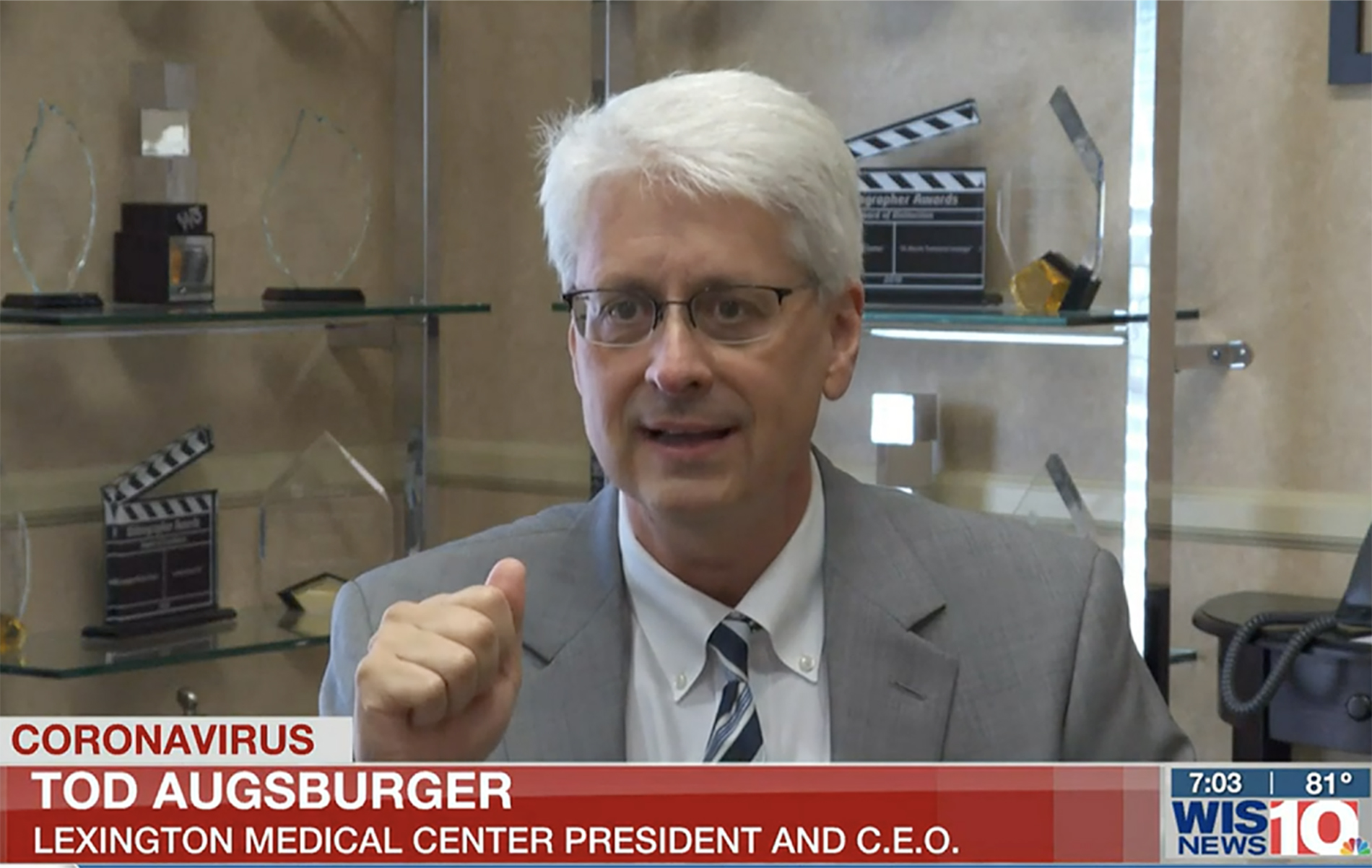If you’ve been smoking for a while, you may wonder why you should stop now. The damage has been done, right? The good news is, it’s never too late to stop. Fanwei Meng, MD, with Lexington Internists Northeast answers your questions about kicking the habit.
Q. Why is smoking so bad?
A. Smoking damages nearly every organ in the body. Here’s how:
- Chemicals in cigarette smoke cause the cells that line blood vessels to become swollen and inflamed. This can narrow the blood vessels and can lead to many cardiovascular conditions, including heart attack and stroke.
- Burning tobacco creates more than 7,000 chemicals, many of which are harmful. The toxins in cigarette smoke narrow air passages in the lungs, causing swelling in air tubes and destroying air sacs. Smoking is the leading cause of COPD (chronic obstructive pulmonary disorder).
- Among the 7,000 or so different chemicals in cigarette smoke, more than 70 are known to be carcinogens—most notable of these is benzene. Smoking is the leading cause of lung cancer and also causes cancers of the head and neck, esophagus, breast, colon, prostate, and bladder.
Q. Can smoking cause other health problems?
A. Because smoking interferes with the body’s immune system, it increases the risk for health conditions like rheumatoid arthritis and diabetes.
Q. Why do smokers have greater complications from COVID-19?
A. Smoking reduces the body’s ability to fight infections, including COVID-19. Also, smokers often have existing damage to their lungs, increasing their risk of breathing difficulties from COVID-19.
Q. Is vaping just as bad as smoking?
A. Because vaping is relatively new, we don’t have long-term studies on it. But, it appears vaping is less likely to cause cancer and vascular damage than smoking. This is because the burning of tobacco releases more harmful chemicals as compared to the nicotine-infused vapor inhaled when vaping.
Q. If smoking has already caused damage to my body, why quit now?
A. The damage from smoking is cumulative so the longer you smoke, the greater the impact on your body. The good news is that it’s never too late to quit. It may take years, but vascular damage and COPD can be reversed if you stop smoking. Even just cutting back on the amount you smoke will improve your health.
Q. What methods do you suggest people use to stop smoking?
A. Medications that reduce cravings can be very helpful. These include Chantix, Buspar and some antidepressants. Nicotine replacement options, including patches, lozenges or gum, can also be helpful. Research also shows that acupuncture and hypnosis can be beneficial in reducing the urge to smoke.
Many people find they need a combination of these methods to stop smoking. Even if you try to quit and start smoking again—don’t give up. It may take a couple of times for you to finally kick the habit.
Lexington Medical Center offers “Freedom from Smoking,” a free series of smoking cessation classes offering helpful tips to quit smoking. The program boasts a quit rate of more than 51 percent – compared with the national average of 17 to 23 percent. Anyone is welcome to attend. To learn or and sign up, call (803) 358 – 6180. Participants must register in advance.

Fanwei Meng, MD, Lexington Internists Northeast







Leave a comment